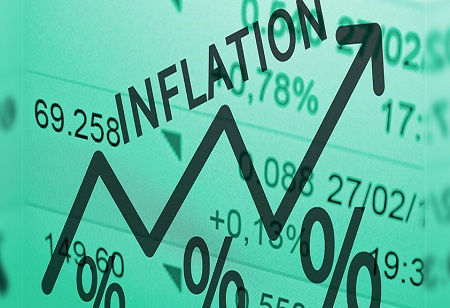
Singapore's core inflation fell to 4.7 percent year on year in May, according to government figures released on June 23.
Core inflation reached a 14-year high of 5.5% in February and January of this year, before decreasing to 5% in March and April.
The decline in core inflation was mainly driven by falling inflation for services and food, said the Monetary Authority of Singapore (MAS) and the Ministry of Trade and Industry (MTI).
Accommodation and private transport expenditures are not included in core inflation. May's value of 4.7% was consistent with an economist survey.
In May, overall inflation declined to 5.1 percent year on year, down from 5.7 percent the previous month. This was mostly due to a decrease in private transport inflation, as well as decreased core inflation.
Private transport inflation fell to 7.2 percent in May, down from 10.4 percent in April, as car prices climbed more slowly and petrol prices fell more sharply.
In May, food inflation fell to 6.8 percent from 7.1 percent the prior month.
Services inflation declined from 4.3% in April to 3.9% in May, owing to lower increases in holiday spending and point-to-point transportation prices.
As home rentals climbed at a slower rate, accommodation inflation fell from 4.9 percent to 4.7 percent.
Similarly, retail and other goods inflation fell to 2.8 percent in May, down from 2.9 percent in April, as clothes, footwear, and household durables prices rose at a slower pace.
Meanwhile, due to a greater increase in electricity costs, electricity and gas inflation increased to 3.3 percent from 2.7 percent.
We use cookies to ensure you get the best experience on our website. Read more...